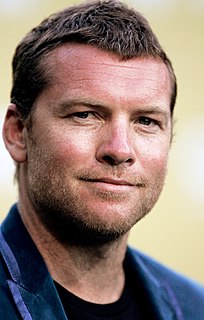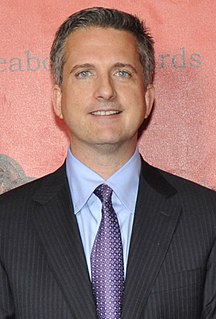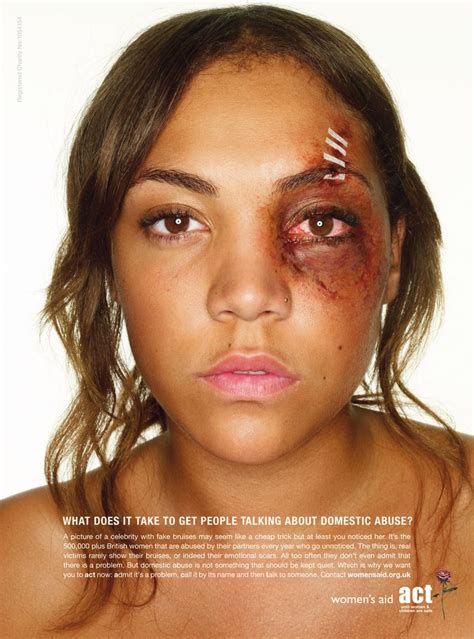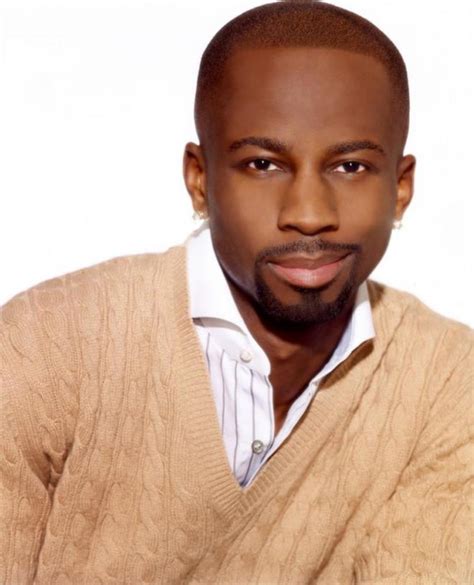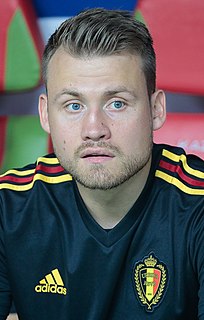A Quote by Diane Kruger
When I turned 30, I realized how ignorant I really was. I always thought I had a very accomplished life.
Related Quotes
It was like that class at school where the teacher talks about Realization, about how you could realize something big in a commonplace thing. The example he gave--and the liar said it really happened--was that once while drinking orange juice, he'd realized he would be dead someday. He wondered if we, his students, had had similar 'realizations.' Is he kidding? I thought. Once I cashed a paycheck and I realized it wasn't enough. Once I had food poisoning, and realized I was trapped inside my body.
Up until then I'd thought that white people and colored people getting along was the big aim, but after that I decided everybody being colorless together was a better plan. I thought of that policeman, Eddie Hazelwurst, saying I'd lowered myself to be in this house of colored women, and for the very life of me I couldn't understand how it had turned out this way, how colored women had become the lowest ones on the totem pole. You only had to look at them to see how special they were, like hidden royalty among us. Eddie Hazelwurst. What a shitbucket.
And when she started becoming a “young lady,” and no one was allowed to look at her because she thought she was fat. And how she really wasn’t fat. And how she was actually very pretty. And how different her face looked when she realized boys thought she was pretty. And how different her face looked the first time she really liked a boy who was not on a poster on her wall. And how her face looked when she realized she was in love with that boy. I wondered how her face would look when she came out from behind those doors.
One of my big milestones came when I turned forty and promised myself to stop worrying about all the things I thought I might do but never really would. I was very relieved when I realized that you can actually complete a project by dropping it. That's how I "completed" learning to cook and learning German, becoming a good skier, and a list of other things too long to recite!
What we accomplished during World War Two is just amazing. We turned our country upside down. African Americans were demanding to be given combat missions. 10% of Americans moved in order to relocate for a war job. We as a country accomplished this heroic, nearly miraculous thing, and we have this legacy of policies and agency - how did they do it? How did they fund it? How did they organize it? It is actually an example that we can borrow from very productively to guide us.
Particularly when I thought of myself as a Wallace Stevens acolyte, I wrote very difficult poetry and I was really guilty of not knowing what I was talking about. I was going for a kind of clever verbal effect. I was trying to sound linguistically or verbally interesting. I had a sense, I guess, from just reading a lot of poetry of how a poem would start and how it would end but really I didn't know what I was doing. It had very little connection to my life.
I felt like Twitter was more of a place for people to just socialize instead of promoting. After I got off, I realized I could have used that energy and that lane to really promote some positivity. I had 35,000 followers before I left. I was like, "Damn those were 30,000 consumers." It kind of twisted my whole thought process so I got back on. I realized that I have a voice that people wanted to hear.
I turned goalkeeper. My father had been one and we had a goal in the back garden. He'd taught me a bit about it so I thought I'd give it a go. I didn't really know whether it was going to be a good choice or a bad one but I joined a small local team as a keeper and it turned out to be a really good decision.
I think the only reason I've had the career life that I've had is that someone told me some secrets early on about living. You can do the very best you can when you're very, very relaxed, no matter what it is or what your job is, the more relaxed you are the better you are. That's sort of why I got into acting. I realized the more fun I had, the better I did it. And I thought, that's a job I could be proud of. It's changed my life learning that, and it's made me better at what I do.


